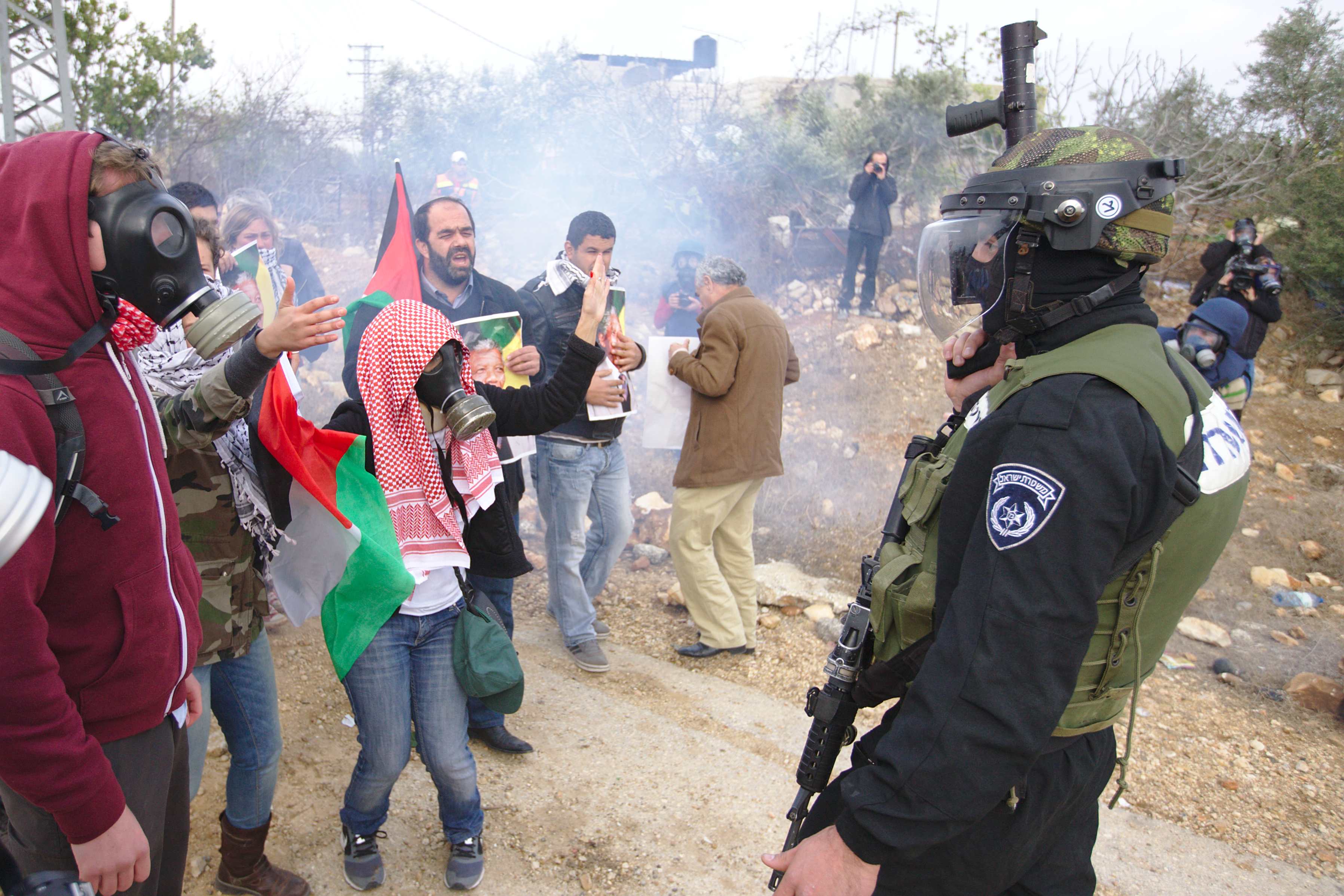Category: Reports
-
Palestinian child wounded by Israeli gunfire while harvesting potatoes in Gaza
17th December 2013 | International Solidarity Movement, Rosa Schiano | Gaza, Occupied Palestine On Sunday, 15th December, a young Palestinian was injured by Israeli gunfire in Beit Lahia in the northern Gaza Strip. Mohammed el-Shanbary, age 17, was harvesting potatoes. “I went to work at 9 am,” el-Shanbary said. “After about 30 minutes, the soldiers…
-
Besieged Gaza Strip battered by historic storm
16th December 2013 | International Solidarity Movement, Silvia Todeschini and Henni | Gaza, Occupied Palestine Gaza’s bad weather has disrupted access lines and flooded whole areas. Thousands of families have been evacuated. Numerous injuries and two deaths have been reported. The Zionist siege and occupation contribute to aggravating the situation for tens of thousands of people.…
-
Three people detained and several people injured during demonstration in Nabi Saleh
8th December 2013 | International Solidarity Movement | Nabi Saleh, Occupied Palestine Yesterday, the village of Nabi Saleh held an event to commemorate the deaths of Mostafa and Rushdi Tamimi. It is the second year anniversary of the death of Mostafa who was killed during a demonstration. The 7th of December also marks 26 years since…



